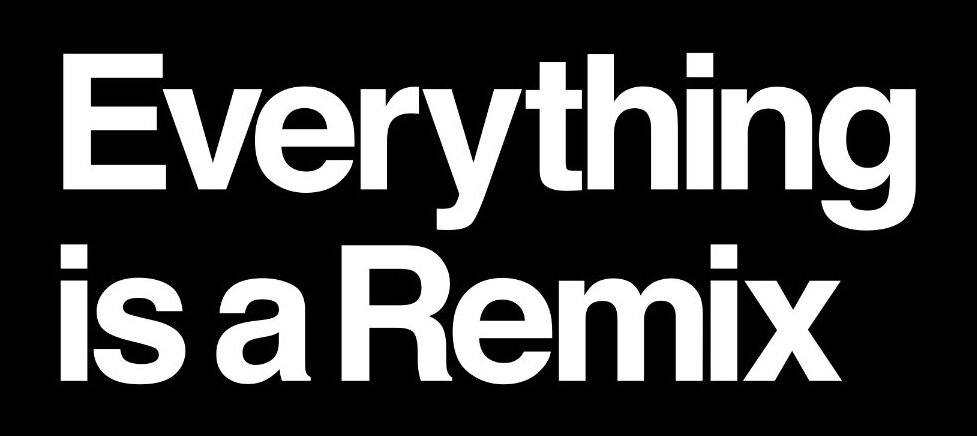Why Most Work Feels Empty and How to Fix It
What do we make when we can make anything? Meaning.
In my last video, Infinite Remix, I asked: “What should we make, when we can make anything?”
The answer is: we make work that matters.
Making work that matters means that your work has meaning.
Sounds straightforward. Except, like… what is meaning?
The writer Emily Esfahani Smith identifies four pillars of meaning:
Purpose
Belonging
Storytelling
Transcendence
Purpose
Purpose is knowing your work matters beyond yourself and beyond the moment.
Sometimes the purpose of your work is obvious: teachers guide students, firefighters protect lives, farmers grow the food we eat.
But for many of us, purpose might be less of a slam dunk. Not all work gives us a clear sense of impact. But you don’t have to rock every one of these categories. You can complement your sense of purpose with areas outside of your occupation.
Purpose can be about contributing to communities, caring for others, bettering ourselves, and following our principles. Or it might simply be about serving your family.
Purpose directs us forward. But direction alone isn’t enough.
Belonging
Belonging is being valued for who you truly are. Smith contrasts this with “cheap belonging,” where your value depends on conforming or maintaining certain beliefs. True belonging is about being valued for the real you.
Belonging is about feeling seen, recognized, and cared for by others, and returning that care in kind.
Belonging is incredibly basic, human stuff, but it is undervalued in our hyper-individualistic age.
And sometimes, belonging can falter. When that happens, we lean on the next pillar.
Storytelling
Storytelling is how we make sense of our lives. It’s the narrative we tell ourselves that explains who we are, where we’ve been, and where we’re going. Without a story, our life is a series of disconnected events. With a story, those events form an arc that helps us understand ourselves and persevere through hardship.
With story, life feels coherent, valuable, and survivable.
But even story has its limits. Some moments defy explanation. That’s when we need transcendence.
Transcendence
Transcendence is found in moments that lift us beyond the self into something vast and dignifying.
Transcendence is the hardest part of meaning for many of us to find now. In a world that often flattens everything into productivity and entertainment, transcendence reminds us we are more than consumers and workers.
Religion provides transcendence for many, but you can find it elsewhere. You can find transcendence in beauty, in awe of nature, in the flow of creation, in gratitude, and in rituals, even simple ones like shared meals or book clubs.
Transcendence will likely be something you find outside your work. Leave space in your life so you can find it. Because when things are at their worst, transcendence is what can get you through.
Meaning is for humans only
AI can’t do any of this. It can remix, generate, and simulate, but it can’t create meaning. That’s our language alone.
As AI makes it possible to create almost anything, the question shifts from what to make to why. My hope is that AI clears away drudgery so we can focus on the parts of work that matter. I’m trying to play a small role in making that happen.
The questions you must answer
The four pillars hold us up in different ways:
Purpose gives you direction.
Belonging gives you connection.
Storytelling makes it make sense.
And transcendence lifts us beyond ourselves.
So if you want to make work that matters, keep asking:
What purpose will I serve?
Who will I belong to?
What story will I tell?
What will I reach for beyond myself?
Meaning isn’t something you solve once. It’s something you build and rebuild. You’ll revisit these pillars again and again as life shifts beneath you.
Making work that matters doesn’t just keep you moving forward. It makes the journey worthwhile.

